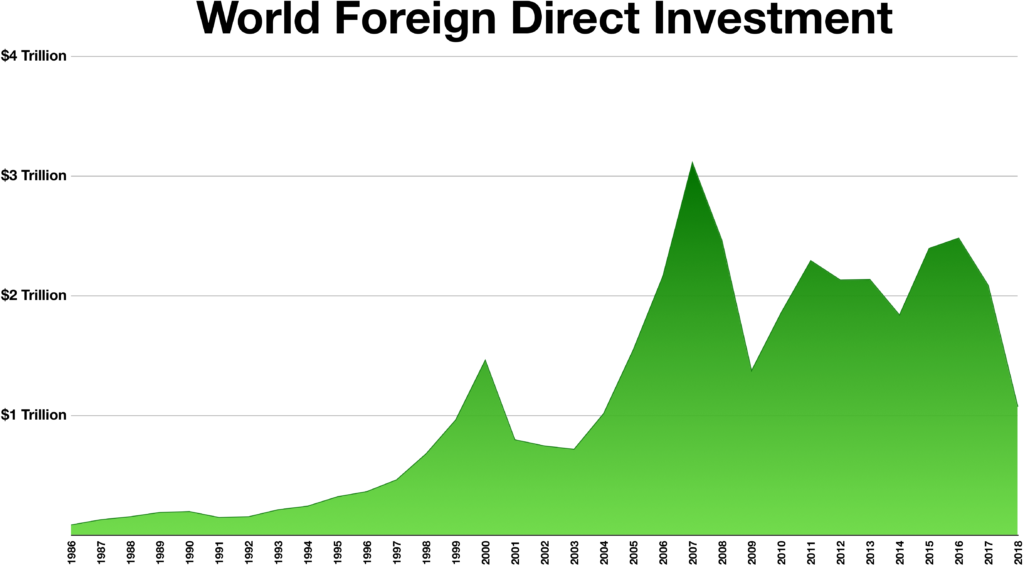
How Finance Law Shapes the Global Economy
The global economy operates within a complex web of financial transactions, regulations, and institutions. At the heart of this intricate system lies finance law, which plays a pivotal role in shaping and safeguarding the global economy. This article explores the profound impact of finance-law on various aspects of the global economy, from financial stability to investor protection, and highlights the key role it plays in fostering economic growth and ensuring fair market practices.
Table of Contents
Understanding Finance Law

Finance-law encompasses a wide range of legal principles, rules, and regulations that govern financial transactions, institutions, and markets. Its primary objective is to maintain the integrity, stability, and efficiency of financial systems, both nationally and internationally. Finance-law covers areas such as banking, securities, derivatives, insurance, and corporate finance, among others. By establishing guidelines and standards, finance-laws help prevent fraud, market manipulation, and other malpractices that could jeopardize the global economy.
The Role of Finance Law in Financial Stability
Financial stability is a critical factor in sustaining a healthy global economy. Finance-law plays a crucial role in ensuring stability by regulating and supervising financial institutions, managing systemic risks, and monitoring the overall health of financial markets. It sets requirements for capital adequacy, liquidity, risk management, and disclosure, thereby reducing the likelihood of financial crises and promoting investor confidence. Through mechanisms like stress tests and resolution frameworks, finance-law helps to mitigate the impact of potential shocks and maintain the stability of the global financial system.
Investor Protection and Market Confidence

Investor protection is paramount for maintaining trust and confidence in financial markets. Finance law establishes a framework that safeguards the rights and interests of investors, ensuring fair treatment, transparency, and disclosure of relevant information. It regulates activities such as securities offerings, insider trading, market manipulation, and fraud, aiming to foster fair and efficient markets. By providing legal remedies and enforcement mechanisms, finance-law encourages responsible and ethical behavior, bolstering market confidence and attracting investments.
Regulation of Global Financial Institutions
Global financial institutions, including banks, insurance companies, and asset management firms, operate across borders, creating unique challenges for regulation. Finance-law addresses these challenges by establishing international standards, cooperation frameworks, and supervisory mechanisms. It facilitates cross-border information exchange, promotes regulatory consistency, and strengthens global coordination to ensure a level playing field for all market participants. By regulating the activities of global financial institutions, finance law reduces the risk of contagion and promotes financial stability on a global scale.
Promoting Economic Growth and Development

Finance law plays a crucial role in promoting economic growth and development by facilitating the efficient allocation of capital. It provides a legal framework for raising funds through various channels such as capital markets, banking systems, and venture capital. By setting rules and regulations, finance-law encourages entrepreneurship, innovation, and investment, which are vital drivers of economic expansion. Moreover, finance-law also supports financial inclusion by promoting access to finance for underserved populations, thereby contributing to broader economic development.
International Cooperation in Finance Law
Given the interconnectedness of financial markets, international cooperation is essential for effective finance law enforcement. Countries collaborate through organizations such as the International Monetary Fund (IMF), World Bank, and Financial Stability Board (FSB) to develop common standards and guidelines. Harmonizing finance laws across jurisdictions helps prevent regulatory arbitrage and fosters a globally coordinated response to financial challenges. International cooperation also facilitates information sharing, capacity building, and peer reviews, enhancing the effectiveness and efficiency of finance law implementation.
Evolving Challenges in Finance Law
Finance law must continuously adapt to address emerging challenges in the global economy. Technological advancements, such as digital currencies, blockchain, and fintech, require innovative regulatory approaches. The rise of global systemic risks, climate change, and cyber threats necessitates a comprehensive and forward-looking legal framework. Additionally, addressing income inequality, market concentration, and financial inclusion gaps requires a nuanced understanding of social and economic dynamics, leading to appropriate reforms within finance law.
Conclusion
Finance law plays a fundamental role in shaping the global economy by providing a robust legal framework for financial transactions, institutions, and markets. Through its regulations and standards, finance law fosters financial stability, safeguards investor interests, and promotes economic growth. It ensures fair and transparent market practices while managing systemic risks and international coordination challenges. As the global economy continues to evolve, finance law must adapt to address emerging complexities and sustain a resilient and inclusive financial system. By prioritizing effective and forward-thinking finance law, policymakers can pave the way for a stronger, more sustainable global economy.
Learn about: Harness the power of AI-Powered virtual assistants to discover effective homeopathic weight loss methods that actually work.

